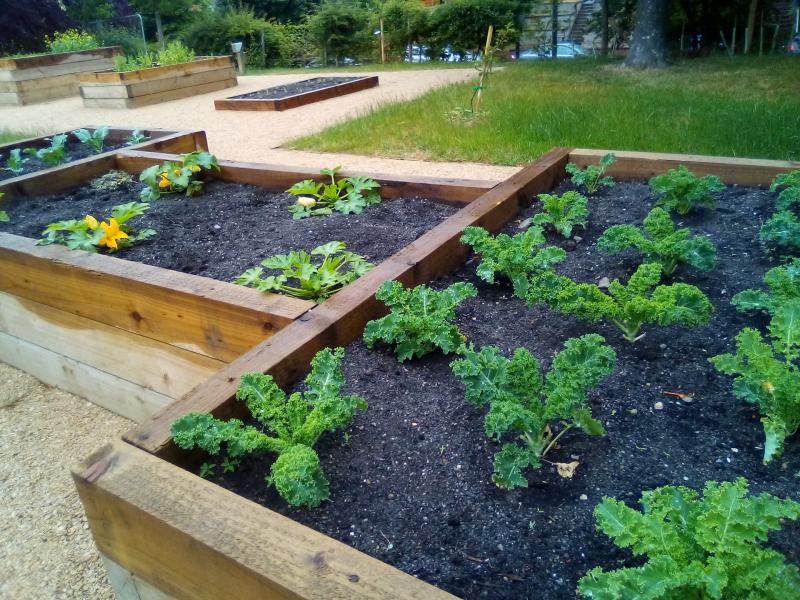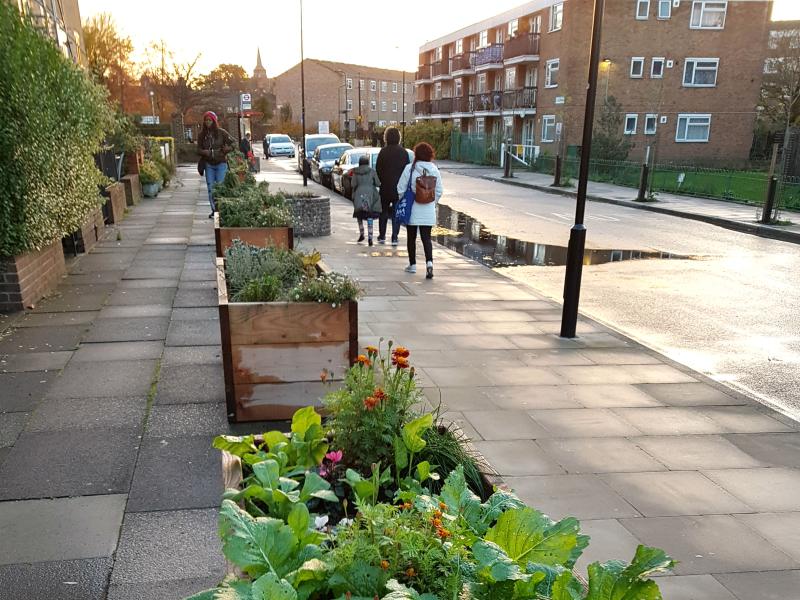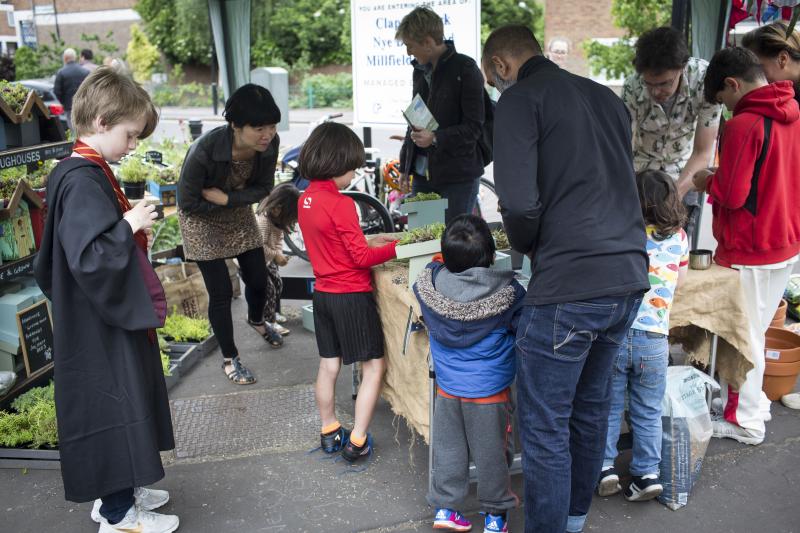17 Mar 2022
Healthy places support healthy people. But millions of people in England live in places that are deprived of green space. This has big impacts for mental and physical health and contributes to wider inequalities. At Friends of the Earth we want to learn more about what works at a local level to address this nature deficit and connect people with nature and each other.
So if you have an idea for a local nature-based project that involves working with different people or exploring a new approach, we want to help.
To apply, read the FAQs below before downloading the application form.
Once you have completed the form, please email it to us at [email protected].
Our Local Nature Innovation Fund
We know that there are many different ways to make change. And that many of the best ideas come from people trying out new approaches or challenging the typical way of doing things. We are launching our Local Nature Innovation Fund to support local community groups who are aiming to protect or restore nature, create a healthier environment for their community, or reconnect people with nature. We are looking for groups who share our objectives of engaging people who are currently under-represented or marginalised in nature projects, or who are willing to try something new. We will provide grants of up to £1000.
The purpose of this catalyst fund is to support groups in their efforts – and to help us to learn from and share their experience. We know that not everything will work - learning from what doesn't will be as important as success. We will use what we learn to develop a set of case studies to inspire others.
This is a one-off opportunity, not a rolling fund. We expect the project to run from May to October 2022.
What will we fund?
We will fund projects that either:
1. Engage a community disproportionately impacted by a poor environment and who have been typically under-represented in nature-based activities. For this project this includes people who are already experiencing nature deprivation (in England, this means communities with a green space rating of D or E), communities on the frontline of a particular environmental pollution issue (such as air pollution, or issues associated with illegal waste), disabled people, people of colour, young people age 11-18, migrants and refugees, households on low incomes. This is not a definitive list and who is most impacted will vary from place to place. Applicants are invited to explain who they will be working with and why this a priority audience for them.
2. Apply a new or emerging approach to nature protection or restoration. This could include:
- the use of a new technology (e.g. using sensors, or other digital technology, or a new approach to mapping),
- a different financial model (e.g. testing a social enterprise model),
- a new partnership or an alternative way of working (e.g. testing climate-adapted planting, developing a local wildflower seedbank or a way of reconnecting to the land).
‘New’ does not have to mean completely untested, but you will need to demonstrate that this approach has not previously been tried in your local area and is not yet widely adopted.
Who can apply?
You must be based in England, Wales or Northern Ireland. You can apply if your group is a:
- voluntary and community organisation
- organised group or club – including Friends of the Earth local groups
- registered charity
- charitable incorporated organisation (CIO)
- not-for-profit company
- community interest company (CIC)
- school or college
- statutory body (including local authorities, town, parish and community council)
- community benefit society.
Individuals are not eligible to apply. Your organisation or group will need to have a group bank account and a committee in place. If you don't have this then consider whether another group - such as a charity, community organisation or school or college - could apply on your behalf.
Can I apply for more than one grant?
Yes, if you are applying on behalf of more than one group. Each group can only apply for one grant. However, we will aim to support a diverse range of projects in different geographic locations.
When is the deadline?
Sunday May 1 2022. You may want to get in touch with us in advance at [email protected].uk to check you are on the right track before you submit your application (but this is not required).
What do we need to include in our application?
You must complete the full application form. Be prepared to provide the following information:
- A clear learning objective that aligns with either or both of our aims; (what you are hoping to learn or explore).
- An outline plan for answering the learning objective (the activities you will undertake and a rough timescale).
- A costing for the project.
What happens after we submit our application?
The Experiments Team will consider your application. We will aim to inform you by email of the outcome within 2 weeks of the deadline. We may be in touch before this if we have additional questions.
Why do I need to commit to taking part in learning conversations?
This is a learning exercise for us, so it’s really important that we are able to understand what is working for you - and what doesn’t. We feel that a more informal conversation is a better way to explore this than an evaluation form. You need to be willing to have two 45-minute conversations with someone from our team during the course of the project. In advance of each conversation we’ll also ask you to complete a short form so we can focus the conversation on the areas of most interest. We will handle your data – including things you tell us in these conversations – in line with our Privacy Policy, which can be found on our website at: https://friendsoftheearth.uk/about-us/privacy-policy. We plan to publish case studies based on your experience as a condition of the grant.





